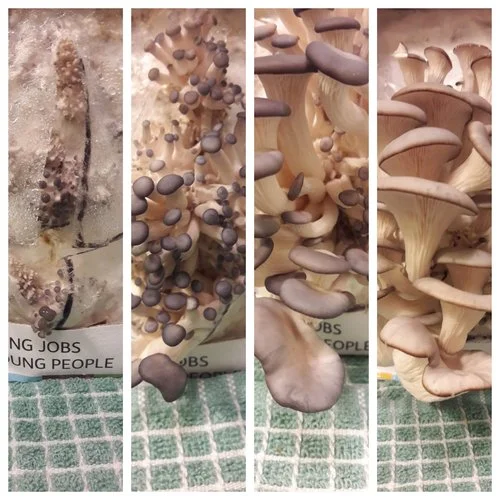Stop it, it’s not rude. I’m a British person, and there’s one national stereotype which I don’t mind admitting is true – we do love to talk about the weather (but we don’t all have bad teeth *shakes fist at world*). With snow falling/forecast for lots of us this week, I thought I’d have a look at some wintry words. So, let’s get on with it, shall we? ‘Frigorific’ is an adjective which means to make something cold. So a fridge is frigorific. And my basement flat is also frigorific (I’m wearing fingerless gloves as I type this).
Frigorific first appeared in the 1600s, and shares its etymological roots with ‘refrigerate’ – they both come from the Latin ‘frigus’ for cold. If you like your words with even more syllables, you’ll be pleased to hear that an alternative form of frigorific is ‘frigorifical’.
So next time you’re speaking to a random stranger in the gym/shop/office about the weather, instead of saying it’s freezing, you can tell them it’s frigorific today. They might run away from you though.
(Bonus word: I know, I spoil you. While I was investigating winter words, I also came across ‘sitzmark’. This is the name of the indentation a skier makes in the snow when they fall over backwards. With their arse. In case that wasn’t obvious.)


